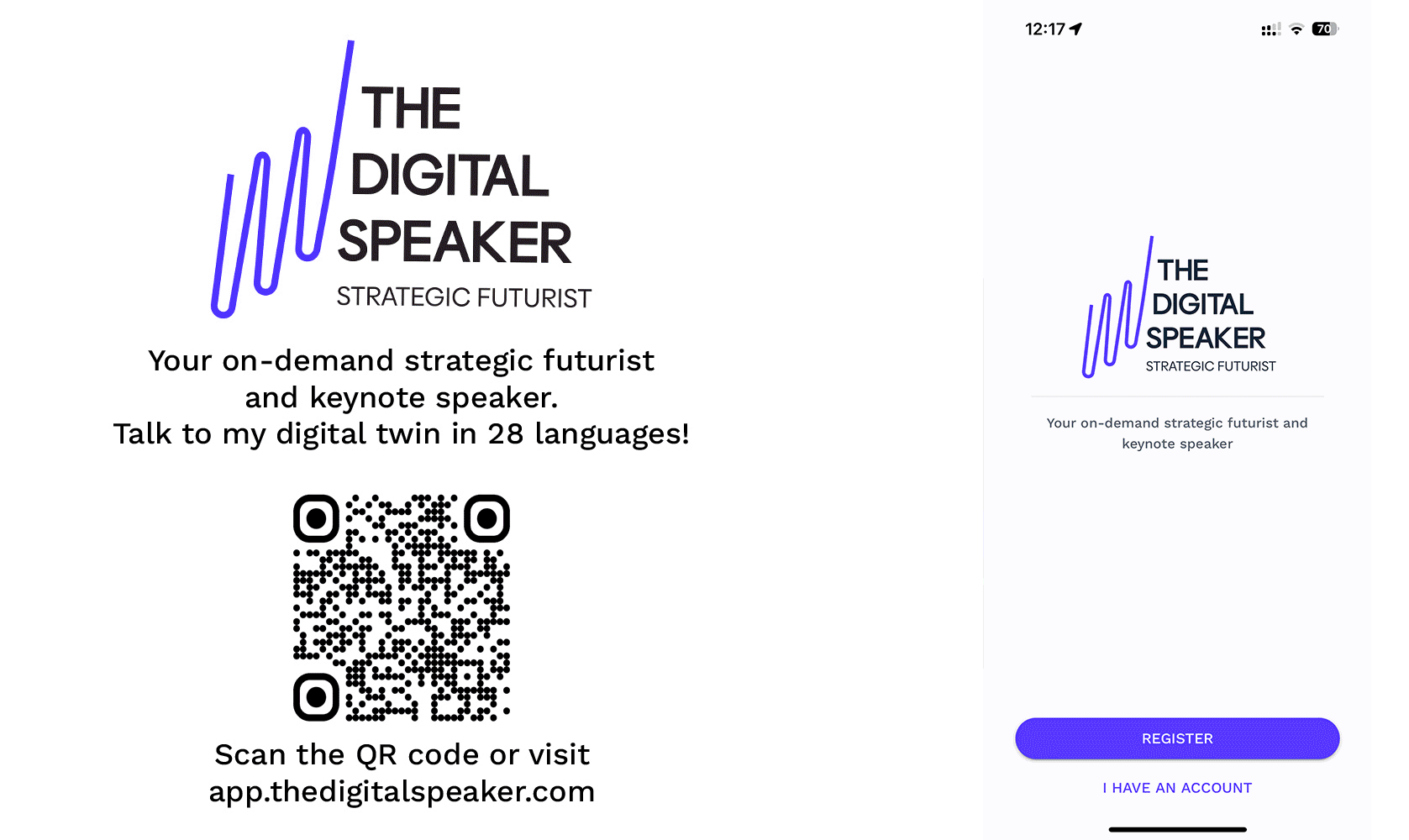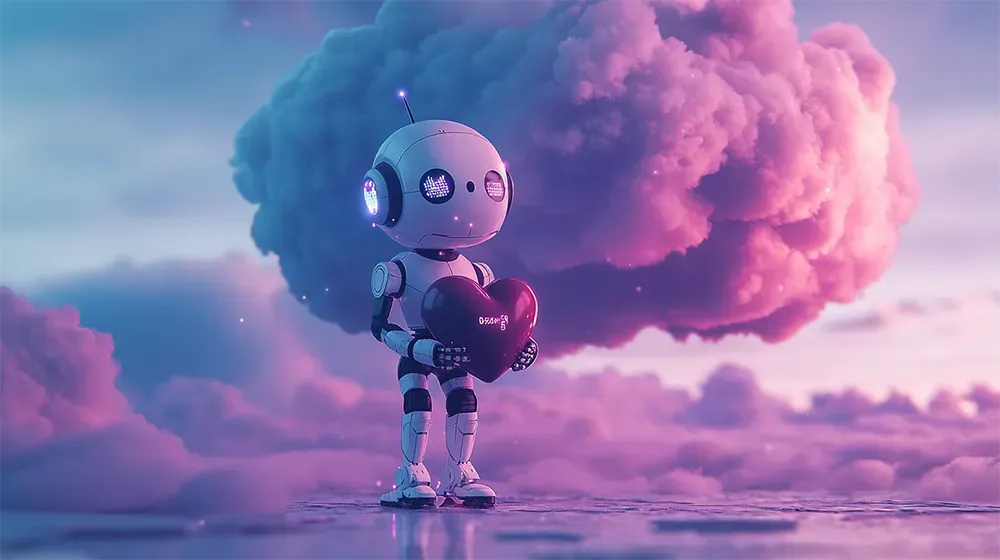Nature-Inspired AI: From Chatbots to Ecosystems

If LLMs are not what will bring is AGI, what will? In a move that might just outsmart human ingenuity, AI is now turning to nature's billion-year head start, potentially rendering traditional computational models obsolete. Are we about to be outclassed by our own creations?
As the race towards artificial general intelligence (AGI) intensifies, a novel player, Verses AI, is challenging the prevailing AI development paradigms with a nature-inspired approach. They argue that the future of AI doesn't lie in the gargantuan models we've grown accustomed to but in a distributed, self-organizing web of intelligent agents, mirroring the intricate ecosystems found in nature.
This shift could herald a new era of AI, one that's more sustainable, efficient, and aligned with the principles of natural evolution, proposing a radical departure from the data-hungry behemoths like GPT-4 that dominate today's landscape.
Verses' approach, emphasizing minimalism and real-time learning, draws inspiration from biological processes, advocating for a leaner, more adaptive form of artificial intelligence. Their platform, Genius, aims to foster a community of autonomous agents, capable of self-improvement and collaborative problem-solving, challenging the notion that bigger is always better in the realm of AI.
This philosophy not only suggests a more environmentally and economically viable future for AI but also raises intriguing questions about the nature of intelligence itself.
As we contemplate this impending shift, one must ponder: Are we on the cusp of an "AI smartphone moment," where a new, decentralized architecture could abruptly dethrone the established order, akin to how the web eclipsed AOL? And, crucially, does this approach hold the key to unlocking the elusive AGI, heralding an era where AI can truly mirror the adaptability and resilience of the natural world?
In a world obsessed with speed, Tierra Biosciences is not just accelerating the pace of protein synthesis; it's fundamentally redefining the essence of creation in the biotech sphere. But at what cost to the sanctity of natural evolution?
Tierra Biosciences is at the forefront of an innovative leap, merging the realms of artificial intelligence and biotechnology to streamline the laborious process of protein synthesis. By harnessing AI's predictive prowess, Tierra offers a platform that not only expedites the creation of custom proteins for diverse industries but also enhances the precision and efficacy of these biological marvels.
This breakthrough method sidesteps the traditional, time-intensive practices reliant on living cells, offering a glimpse into a future where rapid, data-driven protein manufacturing becomes the norm.
The implications of Tierra's technology extend far beyond mere efficiency gains. As the company amasses vast datasets from each protein synthesized, it cultivates a growing reservoir of knowledge, continuously refining its AI algorithms. This symbiosis of biology and machine learning not only accelerates innovation but also democratizes access to sophisticated biotech tools, potentially transforming industries from pharmaceuticals to agriculture.
Yet, as we embrace this fusion of AI and biotechnology, it prompts a vital discourse on embracing lifelong learning: How do we ensure that our pursuit of technological mastery remains in harmony with ethical stewardship and sustainable progress?
In essence, Tierra Biosciences embodies the vanguard of a new scientific paradigm, where the boundaries of biological understanding and technological capability blur. As they venture into uncharted territories, marrying AI with the intricate dance of protein synthesis, the company not only underscores the transformative power of interdisciplinary innovation but also invites us to ponder the future trajectory of our biotechnological endeavors.
Will this AI-augmented journey usher in an era of boundless possibilities, or will it compel us to confront unforeseen ethical quandaries?
Read the full article on Axios.
----
💡 If you enjoyed this content, be sure to download my new app for a unique experience beyond your traditional newsletter.
This is one of many short posts I share daily on my app, and you can have real-time insights, recommendations and conversations with my digital twin via text, audio or video in 28 languages! Go to my PWA at app.thedigitalspeaker.com and sign up to take our connection to the next level! 🚀

If you are interested in hiring me as your futurist and innovation speaker, feel free to complete the below form.
Thanks for your inquiry
We have sent you a copy of your request and we will be in touch within 24 hours on business days.
If you do not receive an email from us by then, please check your spam mailbox and whitelist email addresses from @thedigitalspeaker.com.
In the meantime, feel free to learn more about The Digital Speaker here.
Or read The Digital Speaker's latest articles here.





